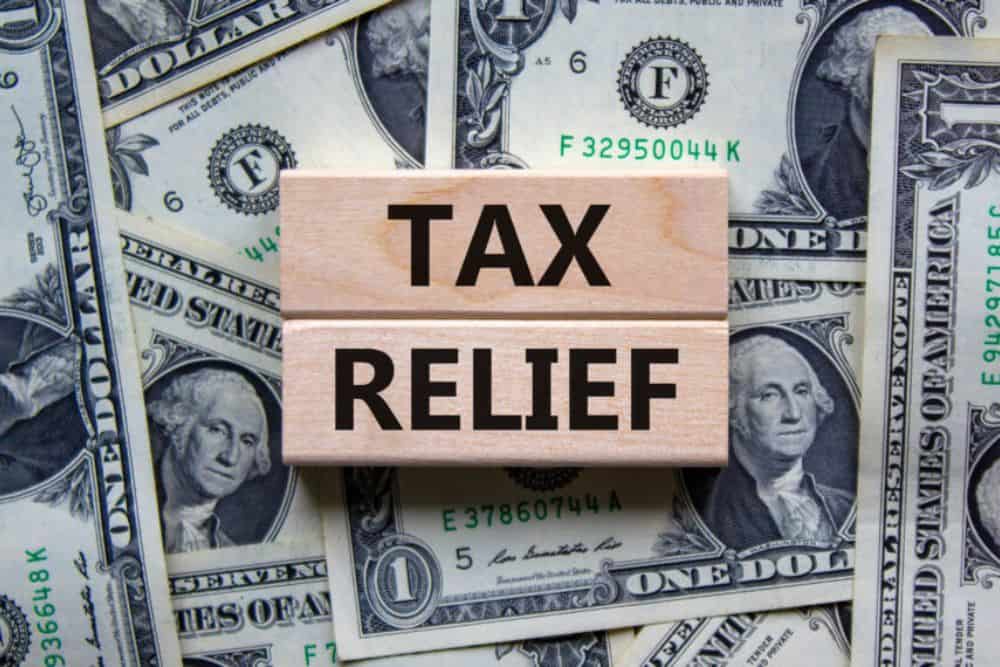Connecticut Veterans Need Modern Property Tax Relief
Connecticut lawmakers are working to modernize its property tax benefits for qualifying veterans. The current law, passed in 1890, allows an exemption of only $1,000, which is 0.29% of modern home values.
Veterans under the current statute receive about $30 in savings from the Connecticut veterans benefit. But, in 1890, it seems likely the $1,000 exemption may have covered most homes given that homes averaged $2,900 in the 1940’s.
In an attempt to modernize, Connecticut lawmakers are hoping to do more to honor their state’s veterans. The new proposal would bring the veterans property tax exemption inline with the tax exemptions currently provided to firefighters and emergency medical technicians.
Why does Connecticut care?
Competing For Veterans’ Dollars
American Legion and lawmakers hope to make Connecticut more competitive with other states to attract veteran retirees and to provide more help to currently disadvantaged veterans.
States like Texas, Oklahoma, Wisconsin, Illinois provide a property tax discount for some disabled veterans up to 100% of the home’s value.
Other states, while not as generous, also provide a property tax incentive superior to Connecticut.
Take Minnesota as an example.
Here, disabled veterans with a disability rating of 100% Permanent & Total receive a discount of up to $350,000 of the home’s tax value. Qualified veterans pay no property tax for homes worth $350,000 or less. When first created, Minnesota’s tax incentive was competitive, but it has been outstripped by the high cost of homes in the state.
Veterans Connecticut Property Tax Proposal
Connecticut lawmakers are making efforts to enhance property tax relief for qualifying veterans, aiming to provide more substantial assistance to those who have served their country. Senators Cathy Osten and Anthony Nolan, both representing southeastern Connecticut, are working on a proposal that would increase the relief to up to $2,000 per eligible veteran, a significant boost from the current benefits.
Osten, a Democrat from Sprague and an Army veteran herself, believes that this change is long overdue. “It’s a respect issue for me, of finally recognizing what men and women do for our country. We decided a long time ago that this was something that veterans deserved.” The existing property tax relief program for veterans in Connecticut was established in 1875, but over time, the value of the relief has dwindled significantly.
In 1890, the statute allowed a $1,000 exemption on the assessed home and land valuation from property taxation. However, this amount now represents a mere 0.29% of the current median assessed value of $350,000. In practical terms, this results in very minimal savings for eligible veterans. For example, reducing the assessment by $1,000 would only save a veteran owner $30.
While some municipalities in Connecticut have voluntarily increased the exemption to as much as $6,000, the savings for veterans remain relatively small. Senator Nolan, a retired police officer from New London, described the current relief as “pennies on the dollar” and stressed the need to do better for veterans, especially those who are 100% disabled.
Property Tax Support
The proposed legislation, set to be introduced during the 2024 General Assembly session, aims to provide each eligible veteran with approximately $2,000 in tax relief. This level of support would be in line with what is already offered to many volunteer firefighters and emergency medical technicians in Connecticut.
Importantly, the eligibility criteria for the veterans’ property tax relief program, such as service during specific wartime periods, retirement after 30+ years of service, and qualifying disabilities, would remain unchanged under Senator Osten’s proposal.
Tom Moore of Fairfield, department commander for the American Legion in Connecticut, expressed his support for the initiative, emphasizing that it could encourage veterans to retire in the state. He also pointed out that other states are recognizing the need to provide greater assistance to veterans to address the declining number of people choosing military service.
Financial Implications
However, there are concerns about the financial implications for municipalities. The proposal does not include a corresponding increase in state aid to help communities fund the enhanced relief program. Without such support, municipalities may have to shift the tax burden onto other property owners and businesses to compensate for the reduced revenue from veterans.
While the proposal has garnered interest and support, particularly among veterans’ advocates, there is an acknowledgment of the challenges associated with Connecticut’s reliance on property taxes to fund local services. Lawmakers are aware of the need to strike a balance between providing support to veterans and ensuring that property tax burdens do not become overly burdensome, especially in economically challenged communities.
Next Steps For Property Tax Bill
As the proposal is developed further, it will be reviewed by the Finance, Revenue, and Bonding Committee, focusing on the broader impact on property taxpayers across the state. In a landscape of constrained state finances, finding the right balance between supporting veterans and addressing property tax concerns is a complex challenge for Connecticut’s lawmakers.





It is a shame that they took over 100 years watching this and did nothing.